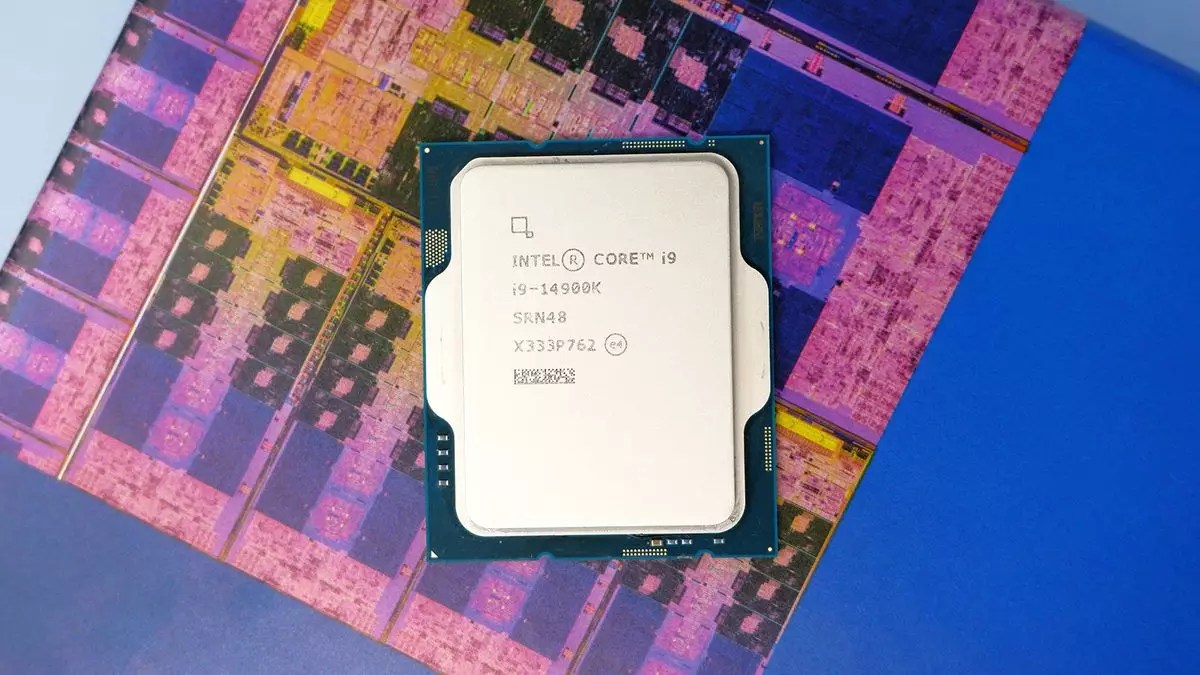Intel has recently announced that it will be extending warranty support for boxed Intel Core 13th and 14th Gen desktop processors due to crashing issues affecting its Raptor Lake and Raptor Lake Refresh CPUs. This is a way for the company to minimize the fallout from the ongoing instability problems faced by users.
The warranty extension provides an additional two years of support for users who have experienced “instability symptoms” with their prebuilt machines. Those who have purchased boxed CPUs are encouraged to reach out to Intel Customer Support for further assistance. This move by Intel is aimed at addressing the growing concerns of users and potentially avoiding any legal repercussions from a class action lawsuit.
Despite the warranty extension, some users are still facing challenges with Intel’s RMA procedure. A Reddit user, jerubedo, shared their frustrating experience with attempting to RMA two Core i9 14900Ks. Even after providing proof of purchase, serial numbers, and images of the CPU, Intel claimed that the products were not genuine CPUs. This led to a back and forth process with Intel, causing further frustration for the user.
In one instance, jerubedo purchased a CPU from Microcenter and encountered issues with Intel claiming it was a re-marked unit. Despite providing evidence that the CPU was bought in a sealed box, Intel instructed them to return the CPU to the retailer. Eventually, after multiple interactions, Microcenter accepted the chip in return for store credit.
In another case, jerubedo faced challenges with an Amazon-purchased CPU. Intel initially quoted the wrong serial number and claimed that the CPU was a tray processor not covered under retail warranty. After further communication and evidence provided by the user, Intel confirmed that the CPU was indeed a retail unit. However, Intel expressed doubts about passing a fraud inspection and recommended returning the product to the place of purchase.
The experience shared by jerubedo highlights the complexities involved in the RMA process with Intel. While users are encouraged to engage with customer support to resolve stability issues with their CPUs, it may also be beneficial to contact the retailer from which the product was purchased. Retailers like Amazon have shown flexibility in accepting returns despite being outside the normal return window.
Intel’s decision to extend warranty support for Core i3 and i4 CPUs is a step in the right direction to address ongoing crashing issues. However, the challenges faced by users in the RMA process indicate the need for clearer communication and streamlined procedures. As users continue to navigate stability problems with their CPUs, engaging with both Intel and the retailer may provide a more effective resolution.


Leave a Reply